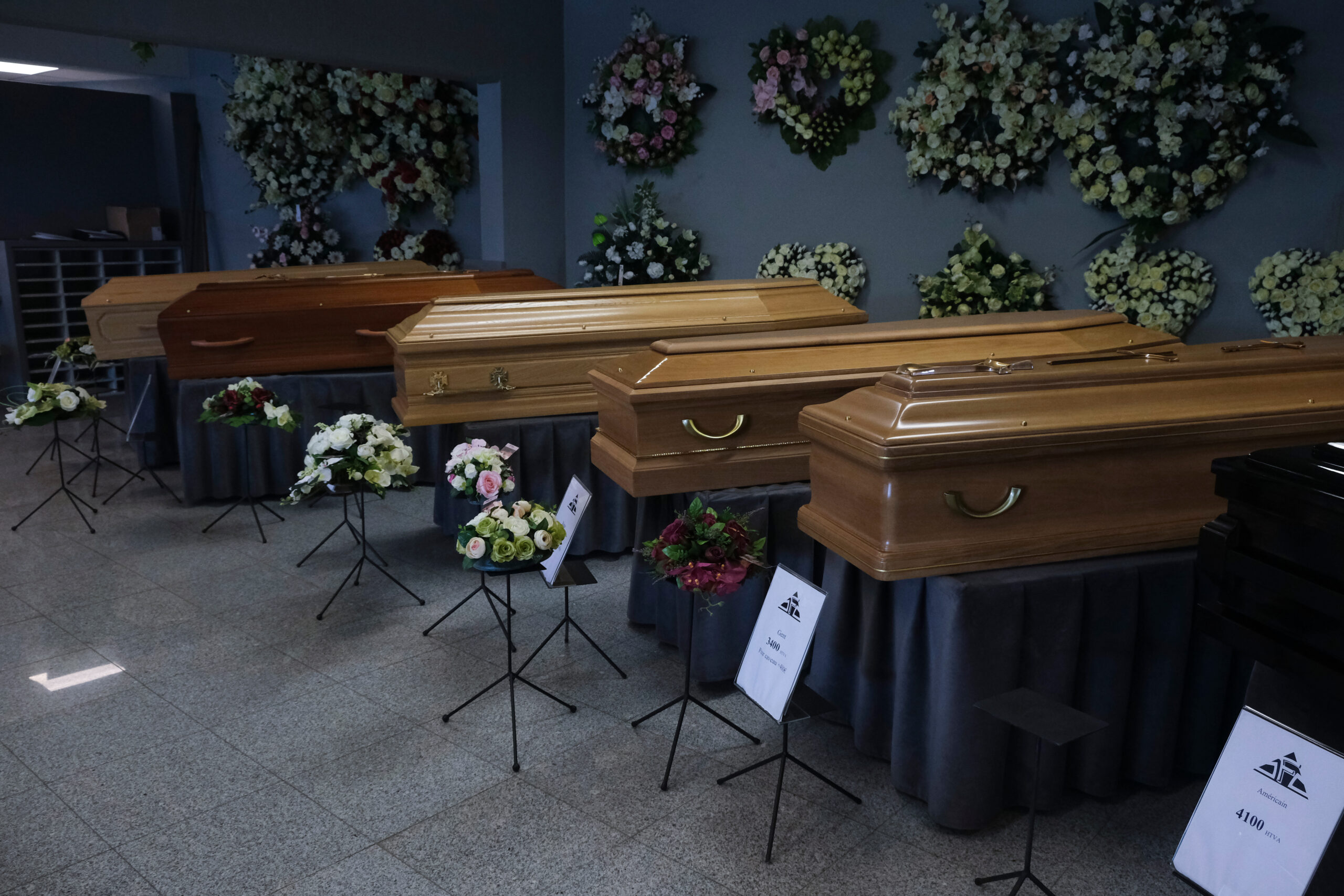Planning a funeral involves not only emotional considerations but also financial ones. Many families are unaware of the costs associated with different services, which can lead to unexpected expenses during an already difficult time. By understanding funeral home pricing, families can make informed decisions that align with their budget and the wishes of their loved ones.
This guide provides a breakdown of funeral home costs, covering basic services, burial and cremation expenses, and ways to manage costs effectively.
Basic Services Fee
One of the non-negotiable expenses in funeral planning is the basic services fee. This covers essential functions performed by the funeral home, including:
- Consultation with the family to arrange the funeral
- Preparation and filing of legal documents such as the death certificate
- Coordination with cemeteries, clergy, florists, and other third parties
- General staff and overhead costs
This fee varies depending on the location and funeral home, typically ranging from $1,500 to $3,000.
Embalming and Body Preparation
Embalming is a preservation process that temporarily slows decomposition, primarily required for public viewings. While embalming is not legally required, some funeral homes mandate it if a viewing or open-casket service is planned. The cost of embalming can range from $500 to $1,200.
Other body preparation services may include:
- Cosmetic preparation and dressing ($100 – $500)
- Hairstyling and grooming ($50 – $200)
- Restorative reconstruction (if necessary) (individually priced)
Transportation Fees
Transporting the deceased from the place of death to the funeral home and then to the final resting place comes with additional fees:
- Initial transportation from the place of death ($300 – $600)
- Hearse rental for funeral procession ($200 – $500)
- Family car or limousine rental ($150 – $400)
Funeral Ceremony and Viewing Costs
If a viewing, wake, or funeral service is held at the funeral home, costs may include:
- Rental of a visitation or viewing room ($300 – $1,000)
- Use of chapel or ceremony space ($500 – $1,500)
- Clergy or officiant fees ($200 – $500)
- Musical services (organist, soloist, etc.) ($100 – $500)
These costs depend on the type of service and location, with many families opting for religious or cultural elements to personalize the ceremony.
Casket and Burial Expenses
Burial costs are among the highest funeral expenses, primarily due to casket selection and cemetery fees.
Casket Prices:
- Basic wood or cloth-covered casket ($900 – $2,500)
- Metal caskets (stainless steel, bronze, copper) ($2,500 – $10,000)
- Premium hardwood or custom-designed caskets ($5,000 – $25,000)
Additional Burial Costs:
- Grave plot purchase ($1,000 – $10,000)
- Opening and closing of the grave ($1,000 – $3,000)
- Grave liner or burial vault ($800 – $3,000)
- Headstone or marker ($1,000 – $5,000)
Prices vary significantly based on cemetery location, headstone customization, and whether a private or public burial ground is selected.
Cremation Services and Associated Costs
Cremation is often more affordable than traditional burial, but costs vary depending on service selection.
- Direct cremation (without ceremony) ($500 – $3,000)
- Cremation with a memorial service ($1,500 – $5,000)
- Urn selection ($50 – $1,000)
- Cremation casket (optional) ($500 – $2,500)
- Ash scattering or interment services ($300 – $1,500)
Many families choose cremation for its flexibility, allowing them to hold a memorial service at a later date.
Additional Funeral Expenses
Other optional costs may include:
- Obituary placement in newspapers or online ($50 – $500)
- Floral arrangements for services ($100 – $1,000)
- Printed programs, memorial cards, or keepsakes ($100 – $300)
- Memorial videos or live streaming services ($200 – $800)
These costs depend on family preferences and the level of personalization desired for the funeral.
Ways to Reduce Funeral Costs
Funeral expenses can add up quickly, but there are several strategies to reduce costs without sacrificing the dignity of the service.
1. Compare Funeral Home Prices
Funeral homes are required by law to provide a General Price List (GPL) upon request. Comparing pricing from multiple providers helps families find the best option for their needs.
2. Opt for Direct Burial or Cremation
Eliminating embalming, formal services, and other extras can significantly reduce costs. Direct burial and direct cremation are cost-effective alternatives to traditional funerals.
3. Choose an Alternative Casket Provider
Funeral homes are required to accept caskets purchased from third-party retailers, which can save thousands of dollars.
4. Pre-Plan Funeral Arrangements
Pre-planning allows individuals to lock in today’s prices and ensure that funeral costs are covered in advance, reducing the financial burden on loved ones.
5. Utilize Funeral Insurance or Assistance Programs
- Burial insurance policies can help cover funeral expenses.
- Social Security benefits provide a one-time payment of $255 to eligible survivors.
- Veterans’ benefits cover burial costs for those eligible for interment in a VA national cemetery.
6. Consider a DIY Memorial Service
Instead of a formal funeral home service, families can host a memorial at home, a church, or a community center to reduce costs.
7. Eliminate Costly Extras
Opting out of embalming, high-end floral arrangements, or luxury caskets can significantly lower expenses while still ensuring a meaningful farewell.
Consumer Rights and Legal Protections
Under the FTC Funeral Rule, consumers have the right to:
- Receive an itemized price list before purchasing services
- Decline services they do not want or need
- Use a third-party casket or urn without additional fees
- Refuse embalming unless required by state law
Being aware of these rights helps families make informed decisions and avoid unnecessary charges.
Final Thoughts
Understanding funeral home pricing is essential for planning a meaningful service while staying within budget. By breaking down costs, exploring cost-saving options, and utilizing financial assistance programs, families can create a dignified farewell without unnecessary financial strain.
For those looking to plan ahead, consulting a funeral director about pre-planning options can provide peace of mind and financial security for the future.
#FuneralPlanning #FuneralCosts #BurialVsCremation #AffordableFunerals #FuneralHomeServices

